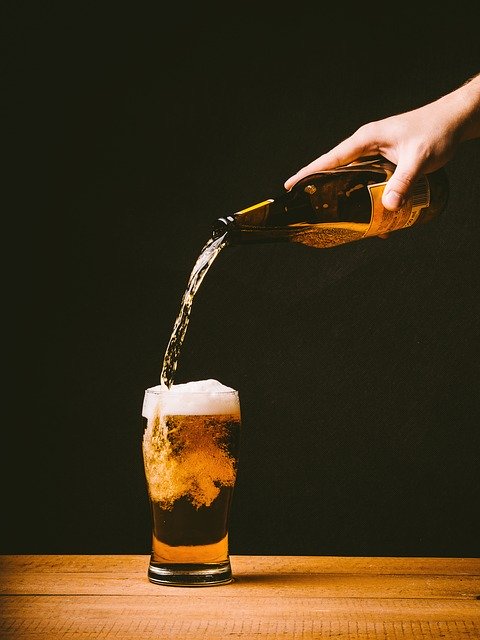Effects of Alcohol Dependence
Short-term health effects of consuming alcohol generally include intoxication & dehydration. Alcohol intoxication invariably affects the brain causing clumsiness, slurred speech & delayed reflexes. Alcohol also stimulates insulin production within the system which in turn speeds up glucose metabolism resulting in low blood sugar levels.
This eventually causes irritability & for diabetics possible death. Severe alcohol poisoning can ultimately be fatal.
Health Effects of Alcohol Dependence
Long-term health effects of alcohol consumption change the metabolic activity of liver & brain. The median lethal dose of alcohol level of normal intoxication is about 0.08 percent. However, vomiting & unconsciousness can occur sooner in drinkers who have a lower level of tolerance to alcohol.
Though chronic heavy drinkers may remain conscious & tolerate alcohol levels above 0.40 percent, causes for concern with serious health dangers are maximized from here.
Excessive Alcohol Consumption
Alcohol limits production of Vasopressin (ADH) hormone in hypothalamus from posterior pituitary gland. This eventually causes severe dehydration when large amounts of alcohol are consumed. Subsequently, water in high concentration is passed through urine along with intense thirst & vomit generating a severe hangover.
Oral contraceptive pills coupled with stress & hangovers however increase desire for alcohol as they lower levels of testosterone which alcohol will actively elevate. Tobacco also in effect generates an intense craving for alcohol. Even moderate consumption of alcohol is found to increase risk of death in younger people.
Is Alcohol Good for You
However, not everything is bad & harmful of alcohol consumption. Moderate consumption of alcohol as medicine has shown to reduce the risk of death due to ischemic heart diseases amongst individuals of 55+ in age.
Alcohol Expectations – Beliefs & Attitudes
Alcohol expectation phenomenon recognizes intoxication producing real physiological consequences altering individual’s perception of space & time while reducing psychomotor skills & disrupting equilibrium at the same time.
Manner & degree in which expectations interact with short-term physiological effects of alcohol consumption resulting in specific human behavior is however still unclear.
Some societies believe that intoxication leads to rowdy, aggressive & sexual behavior; which in turn tends to motivate people to act in this way when intoxicated. Beliefs & attitudes largely affect on individuals behavior, ability & emotion. Alcohol expectations can change over time & which might in fact reduce alcohol abuse.
When a society believes alcohol consumption generates relaxation & tranquil behavior, it usually leads to these outcomes. Moreover, expectations from alcohol consumption vary within a single society creating uncertainty over outcomes.
Alcohol Expectations – Lab Tests
Tending to confirm to societal expectations, alcohol expectations are operative even in the absence of actual consumption of alcohol. Laboratory studies have shown that men tend to be more aggressive & sexually aroused even when they are drinking only tonic water believing to contain alcohol.
Vice-versa, they are also found to become less aggressive & sexually aroused when they believe are drinking only tonic water while actually consuming alcohol mixed tonic water.
Though some societies expect consuming alcohol will shed inhibition, it is noticeable that in societies which do not associate inhibition with alcohol consumption seldom witness bad behavior. So much for alcohol expectations, it can be wisely concluded that behavior after alcohol consumption largely depends upon individual mental make-up & collective social expectations.










